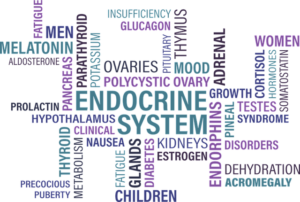Vaccination benefits both the patient and society. It can help encourage herd resistance as well as almost eliminate infectious diseases. The advantage is that the vulnerable who cannot be vaccinated are shielded, too, thanks to herd immunity. But, check this out even after herd immunity is established; it may break down if some individuals aren’t vaccinated. Smallpox is the only disorder that’s been completely eradicated. Many serious diseases like polio are kept at bay but may return if immunization rates fall. Wild truths are resulting in this anti-vax motion where people cannot vaccinate their kids. It’s often an exaggeration of this small proportion of adverse risks without thinking about the danger to herd immunity. The World Health Organization urges full vaccination plans.
Boosts Immunity
Whether or not to vaccinate your child may be a contentious one. However, the straightforward truth is that the advantages outweigh any risks. A drawback would be the requirement to adhere to a complex and, at times, confusing program. If the program isn’t followed, it’s difficult for kids to catch up, making them unprotected from whooping cough, meningitis, and influenza.
Vaccines protect the receiver from illness, disability, and premature death, but they also protect the whole community. This is because vaccines decrease the spread of infectious agents. To put it differently, by getting vaccinations, you’re protecting yourself and the people around you. The more individuals that are vaccinated, the less probable it is that a disease epidemic will happen.
Reduces the Number of Premature Deaths
From the 1990s, an initiative was introduced to an extensive selection of attempts to increase children’s immunization coverage in the USA. Now, higher vaccination coverage rates have meant that there was a 95 percent decrease in cases of vaccine-preventable ailments. Not only are vaccines valuable for a community’s health, but they also assist in an economic sense. For each dollar invested on the diphtheria-tetanus-acellular pertussis vaccine, the nation saves $8.50. After the economy associated with work loss, death, and disability are payable; the overall savings rose to approximately $27 per dollar spent. Together with the savings in the MMR vaccine, the Nation saves roughly $4 billion annually.




 · The child child’s heart beat is faster than normal.
· The child child’s heart beat is faster than normal.